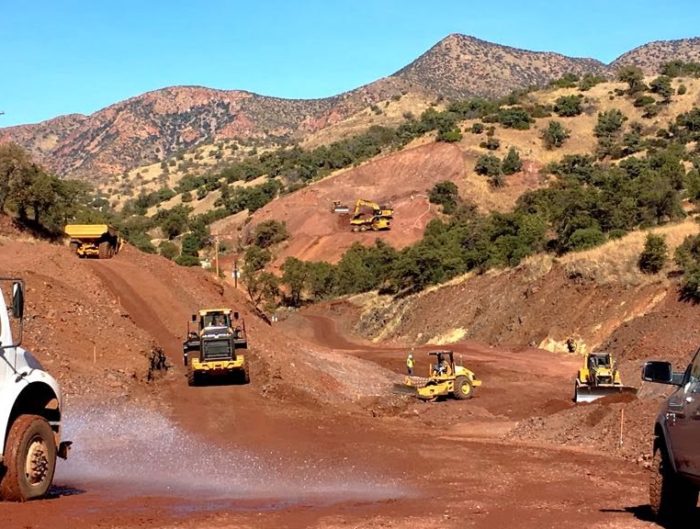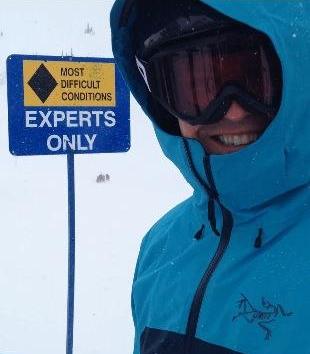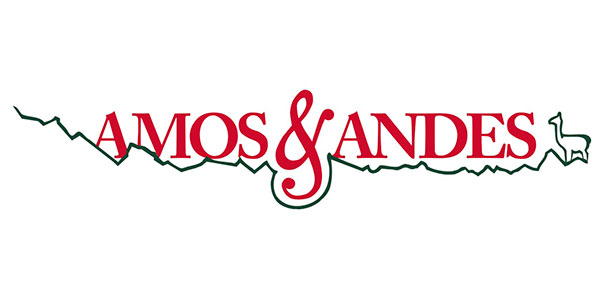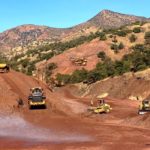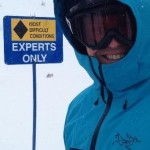We don’t have to dig very deep to remember the axiom we learn as children, “Be careful what you ask for” which is applicable to so many things in life. I have a book on my reading list called, The Art of Asking by Amanda Palmer. I’m not afraid to ‘ask’ by the way, and thought this would be an interesting book to help me “sharpen the saw” as Steven Covey says.
Recently, we uncovered a gem of a project where a client did not ask for much in their tender and that is exactly what they got. Often, one doesn’t have to look far to see where projects go off track so we started with analyzing the client’s tender documents to get a better understanding of the foundation of which their contract was built on.
Too much weighting in one area of a tender can detract from what is important.
In this case, the client’s tender evaluation weighting had a heavy emphasis on Health, Safety, and the Environment (HSE). HSE was the third heaviest weighting factor, taking up a large percentage of the scoring model. The client had prioritized HSE over other factors.
Health Safety and the Environment was the largest of the detractors in the tender evaluation model. There were 5 detractors in total making up 38% of the tender evaluation. [A brief qualifier is that I advocate HSE as the cornerstone for every mining project.] In this particular case, the HSE weighting of 15% was more than the schedule evaluation weighting of 12%. However, the client emphasized that schedule was most important and was THE SINGLE FACTOR driving the project, more than cost even. Yet their primary contractor was very far behind schedule. How did this happen?
If schedule was the client’s primary concern, why didn’t they ask for more than 12% of the detail to be focused on schedule for better project execution? More importantly, how would we have done things differently to produce a better outcome?
The answer to the first question was that the client was following corporate policy and had used a corporate Request for Proposal (RFP) template. This is significant because the template required the weighting that was applied to HSE. We have to question the alignment between corporate and the management team in project execution. We can write chapters about the differences between policies, guidelines and standards but essentially management did not modify the template to the standards required in their specific project.
In order to do things differently, we need to think ahead and look to various outcomes when developing our commercial strategies. Health, Safety, and the Environment, in this case, could have been evaluated on its own merits using a pass / fail basis. A robust HSE evaluation could have been applied as the first benchmark during the tenderer Pre-Qualification process and or Expression of Interest phase (EOI) and not been included in RFP itself. Or the weighting, however politically sensitive it is, could have been lower on HSE and higher on schedule delivery details.
Asking the right questions during the tender process will not guarantee project success because there are so many other factors involved during project execution. Asking the right questions will help focus management and the team to deliver a better outcome. When developing tender strategies, be careful what you ask for, specify what is most important and make sure you are evaluating what you want to deliver.
Written by John F. Gravel
Please watch for a book review on the The Art of Asking as well as other titles relevant to effective project management.

